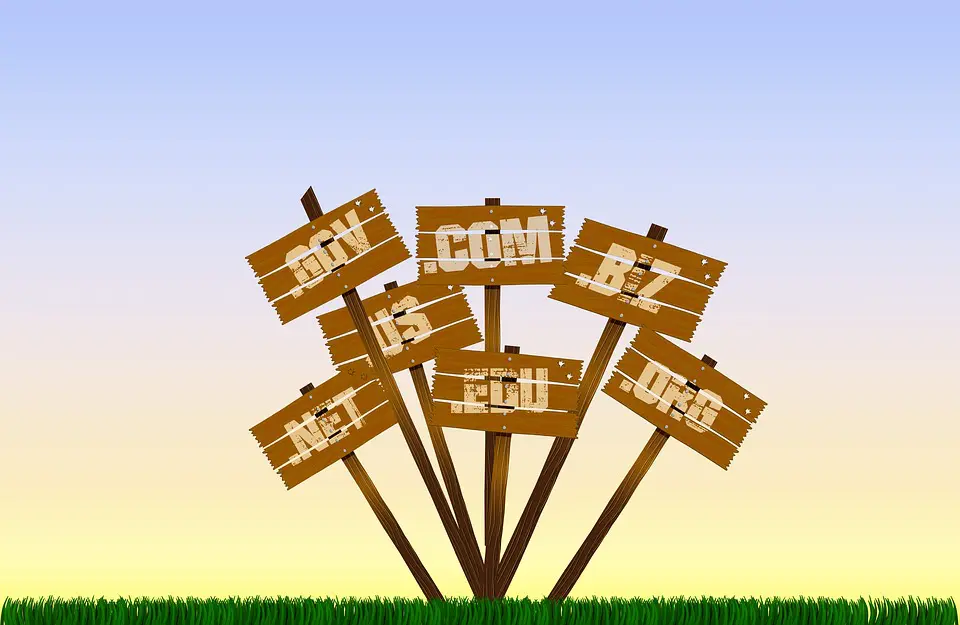Getting the most out of your SEO process can depend heavily on the strength of your domain name. A domain name is useful in helping people identify your online brand. It also adds effectiveness to the addressing scheme of the Internet.

(Pixabay / JanBaby)
The first step when you start a website is to choose an appropriate domain name. The decision should not be taken lightly. It used to be that SEO strategists recommend purchasing domain names that reflect a site’s most significant keyword phrase. These are called exact- match domains (EMDs). If a website will be selling tumbleweeds, for example, a good choice would be SellTumbleweeds.com. Purchasing EMDs offers the following advantages:
- Some SEO’s will argue that a keyword phrase in the domain is in itself a ranking factor. (Others believe that Google’s EMD algorithm changed that)
- The keyword phrase in the domain will encourage other webmasters to incorporate the phrase in the anchor text when they link to the site.
- The ease of memorability. An exact match domain makes it easier for customers to come back to your site.
Often time, you can get lucky and get first-time customers, too, simply from the customer taking a guess and typing in a keyword as a domain and assuming it will return what they are looking for.
Options for Choosing Domain Names
There are many variables when it comes to choosing domain names. You can go short or you can go long. You can be specific or give a broad-brush portrayal of a site. It depends on what you value. If you are concerned that people won’t hang onto a long domain name, you might place a lot of emphasis on a short, memorable name. If you prize specificity, you might choose a longer domain name that will immediately convey the purpose of your site. For example, consider the world of difference in meaning between cars.com and topqualitycars.com.
Dos and Don’ts
There are things to include and to exclude when choosing a domain name, such as:
- Use of hyphens – While it’s not always the case, hyphens can make a domain name look spammy or like a rip-off of other names. Hyphens are commonly used by people who are trying to duplicate other sites for illegitimate purposes.
- Improper top-level domains – TLDs are the endings of your domain names, such as .com, .net, and .edu. Using lesser-known TLDs (.cc, .ws, .info) can be cheaper but will not impart much credibility.
- Length – Long domain names will be difficult to remember and users are likely to make errors when typing them.
It may be difficult to snag just the domain that you want. Don’t get discouraged if you have to go back to the drawing board. A little creativity and persistence can help you tap into a domain name that will pave the way for SEO success.